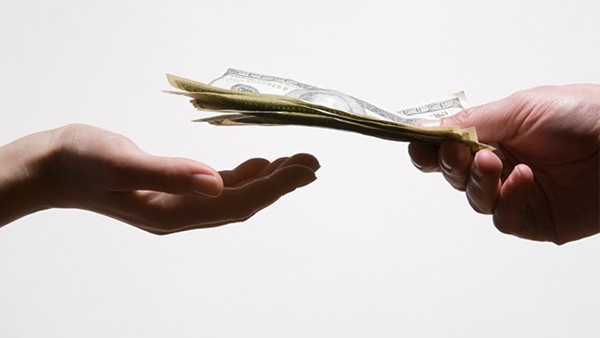
As small businesses, including independent flooring retailers, struggle with the fallout of COVID-19, the U.S. Small Business Administration (SBA) said it is working directly with state governors to provide targeted, low-interest loans to small businesses and non-profits that have been severely impacted by the pandemic.
The SBA’s Economic Injury Disaster Loan program provides small businesses with working capital loans of up to $2 million that can provide vital economic support to small businesses to help overcome the temporary loss of revenue they are experiencing.
To help members decide on how to move forward and whether they should consider applying for such loans, The World Floor Covering Association (WFCA) has provided clarifying information on the program:
Eligibility: In order to qualify as a “small businesses,” a business must be independently owned and operated and meet SBA size standards by NAICS code. For flooring retailers, they must have fewer than 500 employees to be eligible. In evaluating an application, the SBA will consider:
- An applicant’s credit history;
- An applicant’s ability to repay the loan; and
- Whether an applicant has suffered working capital losses due to the COVID-19 disaster and not due to a downturn in the economy generally or other reasons.
For the loans to be available, a business’s state must also have declared COVID-19 a disaster by issuing a required declaration. To date, the following states have issued such declarations: Arizona, California, Colorado, Idaho, Iowa, Illinois, Minnesota, Missouri, Montana, Nebraska, Nevada, North Dakota, Oklahoma, Oregon, South Dakota, New Mexico, Texas, Utah, Washington, Wisconsin and Wyoming.
Note: The list can change daily, so a business in a state that is not listed should check regularly with its state governor’s office or small business administration.
The Loans
If approved, the SBA can loan up to $2,000,000 for a term of up to 30 years. The loan will have an interest rate of 3.75% per year. While loans in excess of $25,000 are supposed to require collateral, the SBA has advised it will not decline a loan due to lack of sufficiency of collateral alone. Loan proceeds can be used for working capital, payroll and other expenses the qualifying small business or non-profit could have paid had the disaster not occurred. Flooring retailers and contractors can use the loans to pay an owner-operator’s regular salary, but the loans cannot be used to replace lost profits or to finance business expansion.
Should a business apply?
In deciding whether to apply for a disaster loan, a business should consider multiple factors, including the following:
- Exemption from Paid Leave Requirements: If a loan is granted, it may impact whether the business can get an exemption from the paid sick and family medical leave requirement in the Families First Coronavirus Response Act (FFCRA). Small businesses are required to pay two weeks of sick leave under certain circumstances (a quarantine or isolation order, employee sick with Coronavirus or need to care for sick family members or children not in school), and ten weeks of leave toward caring for their child because the school is closed or child care provider is unavailable due to a public health emergency. The FFCRA allows small businesses to request an exemption from the leave requirements. The WFCA is discussing with the Department of Labor how that exemption will work, including requesting that all small businesses be exempt automatically from the requirement. Since the Department of Labor will not be enforcing the law for 30 days, a business may have until May 2 to determine what exemptions will be available and, if necessary, apply for and get an exemption.
- New Loan Programs: There is legislation currently under consideration by Congress that would add one or more additional SBA loan programs directed toward assisting small businesses impacted by the COVID-19 pandemic. The current bill provides that these loans will not need to be paid back to the extent that the money is used to pay employees, rent, utilities and mortgages on business facilities. It is not clear whether an SBA disaster loan applied for now will automatically be covered by the new law when it passes Congress as anticipated.
According to the WFCA, every flooring retailer and contractor needs to decide its own needs and whether it can wait or need immediate cash. “WFCA will keep members informed of developments,” said Scott Humphrey, CEO of the WFCA. “In the meantime, communicate your needs to us ASAP so that we can pass them along to legislators and agencies as these relief packages are negotiated. The time to engage is now.”
Interested parties should send any suggestions directly to jeffw@jkingesq.com and mperkins@lobbyit.com.
